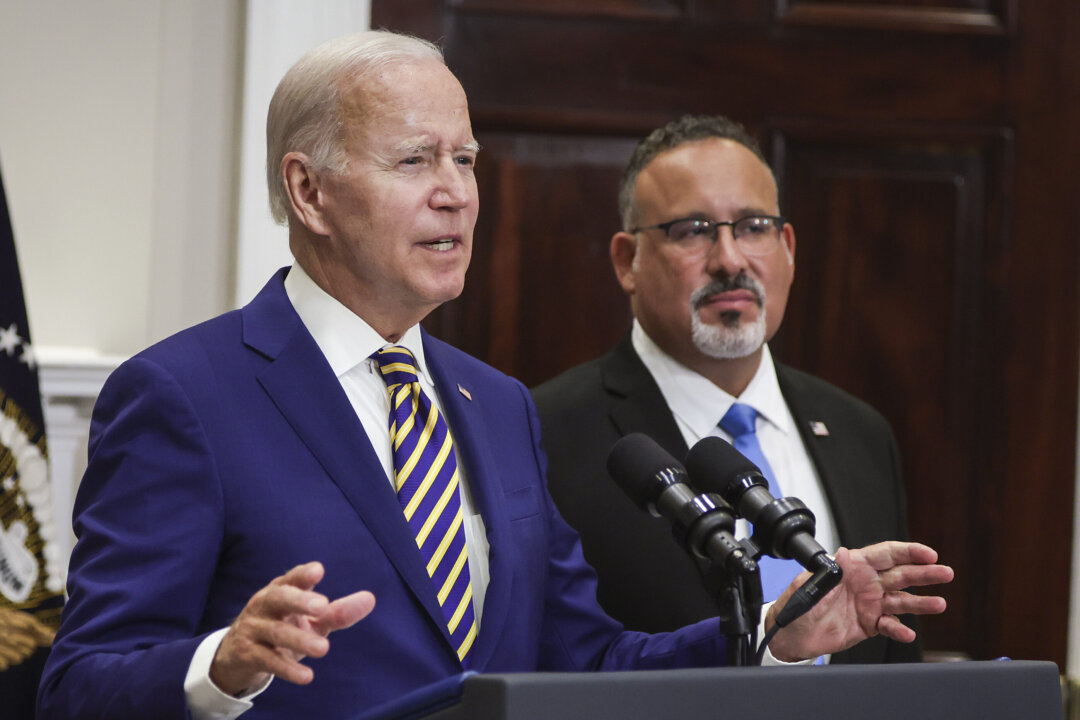
The obvious product of the 26th amendment was the Judicial Commission of Pakistan—a gathering of lesser judges and more politicians—who would nominate the judges of tomorrow. On 23 December, the Commission made rules for the appointment process. Although better than the erstwhile two-pager under the 18th amendment, these rules barely skim the surface of the more rooted, and pernicious problems in our judicial landscape.
We start with appointments in high courts. The most obvious issue is the non-progression of the district judiciary. There are only a handful of instances where a judge of the district and sessions courts has climbed the ladder to the High Court and from there on to the Supreme Court.

The few who have, with Justice Fazal Karim as the prime example, have proven their mettle and the system’s injustice by producing magnum opuses upon magnum opuses. It is as if there is a cleavage—the district courts remain within a separate and ‘inferior’ silo, while the ‘superior’ courts—being the High Court and Supreme Court—stand apart, populated by people who were never a part of the system to begin with, i.e.
, lawyers. This is not to deny the importance of having lawyers as a part of our superior courts. Surely, pleading both sides induces a sharpness of thought worthy of ultimate judgment, but whatever the case may be, the inclusion of lawyers should not always mean the exclusion of the district judiciary.
Khursheed Shah pays glowing tribute to late Benazir Bhutto on her death anniversary This is the problem we have been unable to resolve to date, or perhaps have not tried to, which the rules attempt to tackle but fail. The rules use the term “fair representation” between advocates and judicial officers. Such terms and their ilk—for example, due regard, without losing sight of, etc.
—are cosy replacements for the words whim, will, and discretion. The Commission shall ensure fair representation, but how is that to be ensured and, more preliminarily, what amounts to fair representation? The rules do not say. There is also a baffling fact.
Per rule 5’s explanation, it is only the Chief Justice of the concerned High Court who can contact the judicial officer for their nomination. The fact that judicial officer nominations have been implicitly limited to the concerned Chief Justice also shows discrimination at another level, while lawyers get a free piggy bank on each and every member of the Commission. A Legacy of Struggle for Democracy This was the moment to fix a percentage and divide seats between advocates and judicial officers to ensure certainty and satisfaction for the lower court judges, who spend days upon days embroiled in the actual mess of first-instance trials, knowing that their years of experience will be trampled upon by a lawyer from a swanky law firm.
That did not happen. Then, the rules stir—without settling—the principles that have remained forever in tension: seniority and merit. Merit, to be sure, is a very subjective concept.
But, in all such matters, objective signposts can be discovered. The rules do a partially good job of this. The initial nominations for both lawyers and judicial officers are to be submitted via a nomination form that requires the attachment of best judgments, pleadings, and a track record of cases.
Had such criteria been given overwhelming, if not exclusive, importance, there would have been a semblance of transparency to the process. Yet the nomination form receives no further importance besides being in the schedule and serving merely as a nomination form. Five die in separate road accidents The actual assessment is to be made, per rule 4, based on seven factors that are written at best in phrases and mostly in bi-syllables, without any basis for their assessment or their relative importance.
So, we get a hodgepodge of lofty phrases that sound good and read well, but whose substance remains difficult to pinpoint. For example, how does one rate legal ability against efficiency, or communication skills against integrity? Such a question may be posed both as a means of detraction and as an honest inquiry. For the latter, one would reply that the form’s worth should have been emphasised because it does a fairly good job of shackling uncertainty.
Also, suggestions from initiatives like Women in Law should have been considered, as they provide a marking criterion for merit’s ingredients. Seniority is a complex subject. Seniority means more time in the profession, and more time means more experience.
Most importantly, seniority takes away discretion—this is what proponents of seniority would argue. However, that experience is not always the best, and time can be spent writing staid and mechanical judgments, is what detractors would point out. So, any assessment, be it choosing sides or reaching a settlement between seniority and merit, should be conscious of the stakes involved.
Ziauddin University focuses on AI use for benefit of all Therefore, I believe that when it comes to appointing judges for the High Courts from the district judiciary, seniority should be a proper criterion, whereas it should not be so for appointment to the Supreme Court. This is because the stakes at both levels are different. Ali Hassan The writer is a law student at Lahore University of Management Sciences.
Tags: jcp rules.















